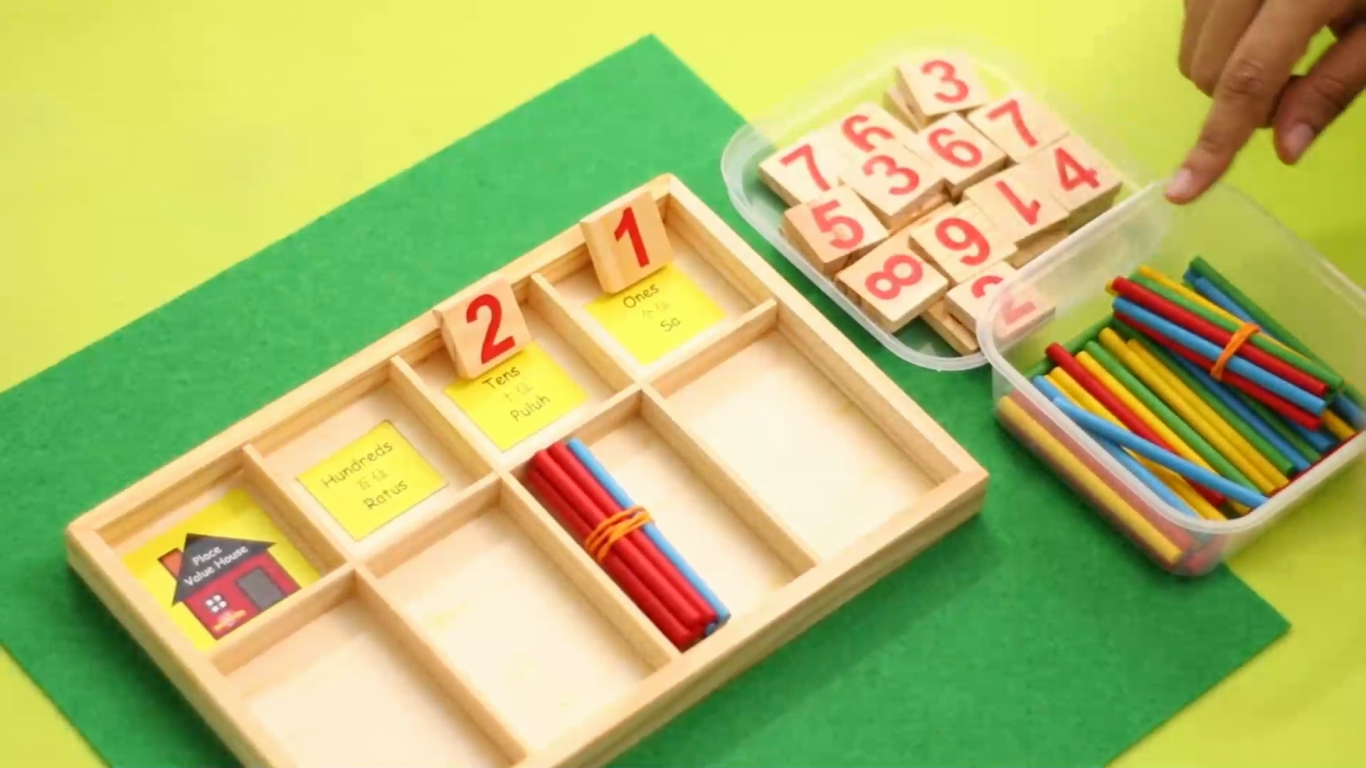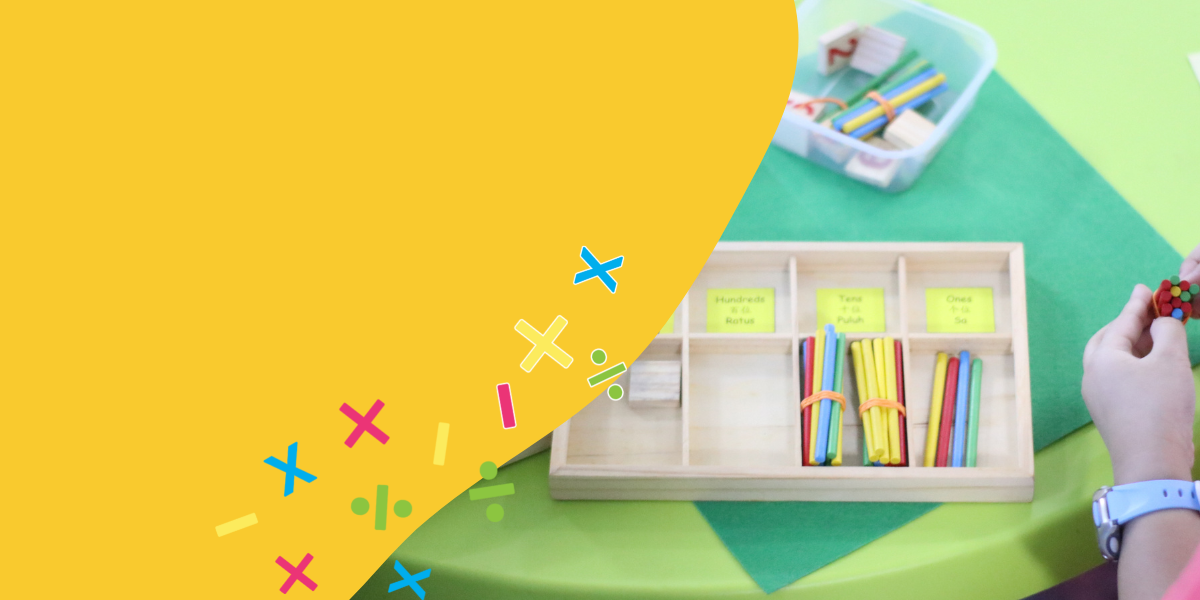Mathematics is often one of the most terrifying and daunting subjects for children, leaving many feeling overwhelmed and discouraged. The conventional approach to mastering maths involves endless worksheets, a method that can be just as intimidating as the subject itself. From a young age, educators and parents alike have emphasised that practice makes perfect, and in the world of maths, that often means completing stacks of worksheets. But just how effective are worksheets in helping children learn maths? Do they foster a love or a loathing for the subject? Of course, the answer is a BIG NO!

To help your children improve their maths skills without relying solely on worksheets, consider enrolling them in a fun and engaging maths class. But what exactly makes a maths class enjoyable for children? A fun maths class for children is not one where they are required to complete countless pages of worksheets, but rather a class where they can learn maths through hands-on activities and exploration. This approach not only makes maths more exciting and interesting, but it also helps to build a strong foundation of maths knowledge. Children can learn how to associate numbers and understand the reasoning behind calculations, rather than simply memorise abstract concepts.

Utilising challenging tasks is an innovative method of teaching mathematics that requires children to think creatively and deeply about maths concepts and strategies. By engaging in these types of problems, children can enhance their mathematical reasoning skills, persistence, and resilience. One effective approach for parents and educators is to provide children with a project that requires them to solve a series of mathematical questions, allowing them to practise and refine their maths skills. An example of such a project could involve building a model or prototype of a house, which would enable children to apply their existing knowledge of 2D and 3D shapes, measurement, addition, subtraction, division, and other relevant concepts. Moreover, starting with LEGO as a building material for the project could be an excellent way to make it more engaging and accessible for younger children. As children become more confident in their abilities, they may be encouraged to use more complex and sustainable materials, such as recyclable materials in their projects.

Another effective approach of engaging children in maths and fostering love for the subject is using games in the classroom. Incorporating games into maths lessons can make the learning experience more enjoyable and motivating for students. Plus, children will be more motivated to learn. There are a variety of games that can be used to teach maths concepts, including popular board games like Monopoly, strategic games like Settlers of Catan, classic games like Snakes and Ladders, and educational apps that offer interactive maths games. By using games, children can develop a deeper understanding of maths concepts such as number sense, addition, subtraction, multiplication, and division. Furthermore, games can help children develop problem-solving and critical thinking skills that are essential in maths and other subjects. Overall, incorporating games into maths lessons can help make the subject more engaging, enjoyable, and accessible for children of all ages and abilities.

Another effective approach of engaging children in maths and fostering love for the subject is using games in the classroom. Incorporating games into maths lessons can make the learning experience more enjoyable and motivating for students. Plus, children will be more motivated to learn. There are a variety of games that can be used to teach maths concepts, including popular board games like Monopoly, strategic games like Settlers of Catan, classic games like Snakes and Ladders, and educational apps that offer interactive maths games. By using games, children can develop a deeper understanding of maths concepts such as number sense, addition, subtraction, multiplication, and division. Furthermore, games can help children develop problem-solving and critical thinking skills that are essential in maths and other subjects. Overall, incorporating games into maths lessons can help make the subject more engaging, enjoyable, and accessible for children of all ages and abilities.

Providing children with meaningful learning experiences is crucial for their development of a strong foundation in maths. While worksheets have been a traditional approach, it’s important to recognise that they are not always the most effective method for teaching maths. Instead, providing opportunities for children to explore maths concepts in a fun and engaging way can enhance their understanding and make maths a more enjoyable subject. One way to offer such opportunities is by enrolling your child in an after-school programme that incorporates fun and interactive activities. For instance, at ALFA and Friends Centre, we offer a comprehensive maths programme that is designed to make learning maths enjoyable and engaging for children. Our programme includes games, puzzles, and real-world examples to help children understand maths concepts such as fractions, decimals, and geometry. Our experienced and skilled instructors also provide individualised attention to ensure that each child is making progress and building confidence in their maths abilities. Enrolling your child in our program can provide them with a positive learning experience that will benefit them in their future academic pursuits.









